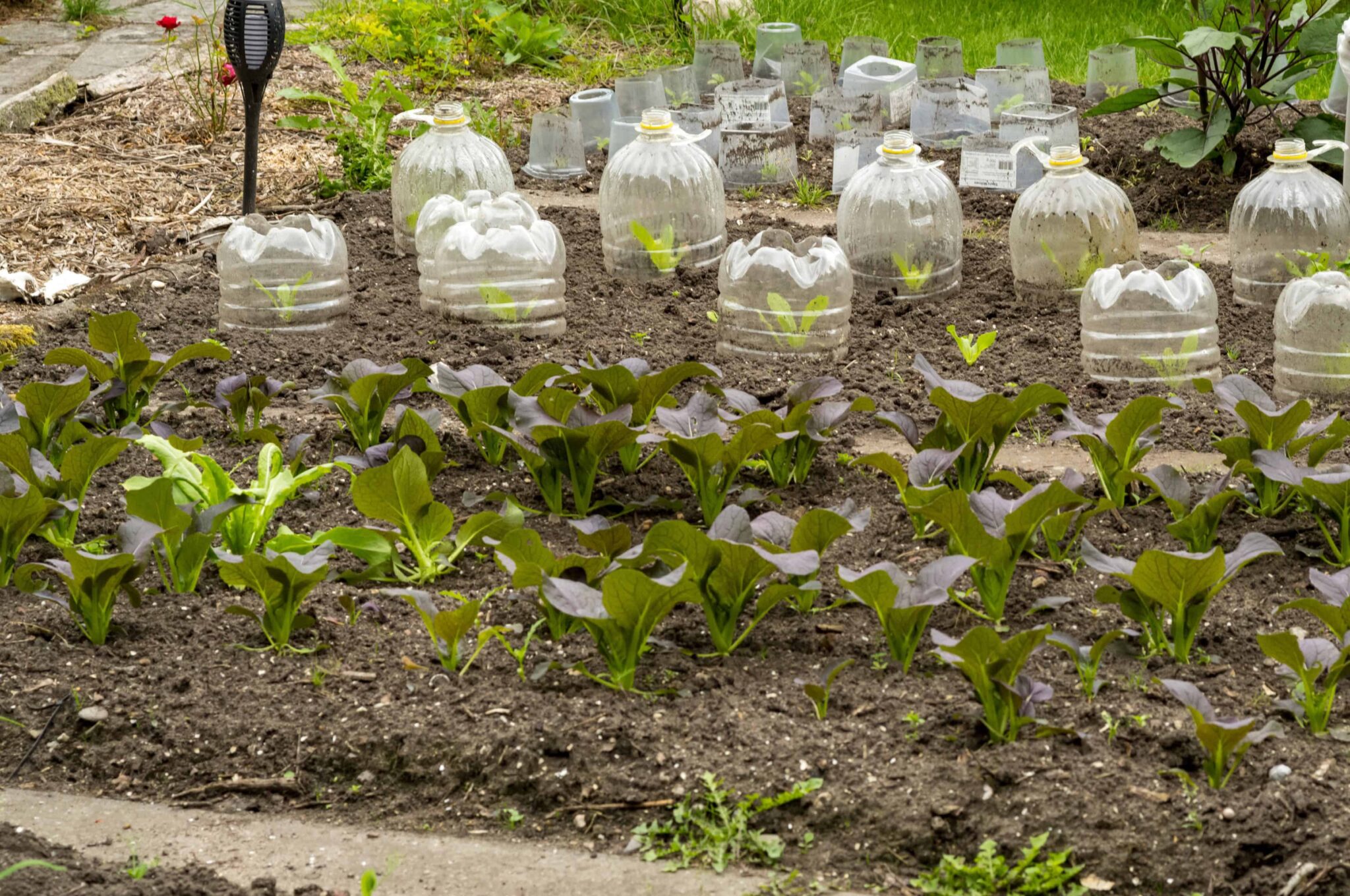Mindfulness is about living in the now. It’s a skill that sharpens our awareness of thoughts, emotions, and surroundings. By practicing mindfulness, you can transform your life, gaining mental clarity and reducing stress. It teaches you to tune into your body, mind, and feelings in real-time, helping you accept the present without criticism.
Research indicates that even brief daily meditation sessions can make a big difference. Just five minutes can ease stress, anxiety, and depression while boosting happiness, creativity, and job performance.
In today’s world, distractions and stress can take a toll on our well-being. This is where mindfulness steps in, offering a way to reconnect with ourselves and improve our mental health.
Incorporating mindfulness hacks into your routine can make the practice more accessible and effective. These simple techniques help you stay grounded in the present moment throughout your day, leading to improved mental health and a more balanced life.
Benefits of Mindfulness
Mindfulness offers many benefits, backed by lots of research. It can help you feel less stressed, happier, and more productive. Adding mindfulness to your daily life can change your life for the better.
Stress Reduction
Mindfulness lowers cortisol, the stress hormone. This makes you feel calmer. It also helps prevent chronic health problems linked to stress.
Mindfulness exercises like body scans and focusing on breath help relax. They also reduce anxiety and depression symptoms.
Improved Focus and Concentration
Mindfulness boosts your brain’s ability to process information. It makes you more focused and attentive. This is great for work, where it can reduce burnout and improve performance.
Doing mindfulness exercises, like sitting quietly, can help improve your focus.
Increased Emotional Resilience
Mindfulness makes you more emotionally resilient. This means you can handle tough situations better. It also makes you more empathetic and positive.
Mindfulness increases joy and satisfaction in your personal and work life.
Now, let’s dive into some practical mindfulness hacks that you can start using today to enhance your daily life and overall well-being.
Mindfulness Hacks for Stress Relief
Belly Breathing
Place your hand on your stomach and take slow, deep breaths. Feel your belly rise as you inhale and fall as you exhale. Do this for 5-10 breaths. This technique:
- Activates your body’s relaxation response
- Slows your heart rate
- Lowers blood pressure
- Provides a quick way to calm down when stress hits
Five Senses Check
Take a moment to notice one thing for each of your five senses:
- What do you see?
- What can you hear?
- What do you smell?
- Can you taste anything?
- What can you feel touching your skin?
This exercise grounds you in the present moment, pulling your mind away from stressful thoughts about the past or future.
Body Scan
Start at your toes and slowly move your attention up through your body. Notice how each part feels:
- Are your muscles tense or relaxed?
- Is there any pain or discomfort?
Don’t try to change anything, just observe. This practice helps you become aware of physical tension caused by stress, allowing you to consciously relax those areas.
Mindful Walking
As you walk, pay close attention to each step:
- Feel your feet lifting, moving forward, and touching the ground
- Notice the rhythm of your steps and the movement of your body
This simple focus can clear your mind of stressful thoughts and bring a sense of calm. It’s especially useful when you’re feeling restless or anxious.
Gratitude Pause
Take a minute to think of three things you’re thankful for, no matter how small. For example:
- A warm cup of coffee
- A kind word from a friend
- A beautiful sunset
Focusing on gratitude shifts your mind from stress to positive thoughts, improving your mood and outlook. It reminds you of the good things in life, even during difficult times.
More Mindfulness Exercises to Stay Present
Breath Awareness
Breath focus is a basic mindfulness technique. It means paying attention to each breath. This helps keep thoughts in check and brings us to the present.
Experts like Dr. Urgola say to do breath focus daily, even for just two minutes. Short but regular mindfulness can greatly reduce stress, as a 2021 study found.
5-4-3-2-1 Grounding Technique
The 5-4-3-2-1 grounding technique uses our senses to connect with the world. It involves noticing:
- 5 things you can see
- 4 things you can touch
- 3 things you can hear
- 2 things you can smell
- 1 thing you can taste
This exercise helps us focus on the now. It’s great for reducing stress, as studies show spending time outdoors calms us.
Visualization Practice
Visualization meditation boosts mental clarity. It involves imagining a peaceful scene, like a beach or forest. It helps us stay calm and focused.
It’s good for lowering anxiety and building emotional strength. Adding visualization to your daily routine is a smart move.
By doing breath focus, grounding exercises, and visualization, we can stay present and focused. This improves our mental and emotional health.
“Mindfulness, like meditation, boosts mood and lessens stress and anxiety. Some people saw an 80% drop in anxiety with mindfulness.”
Using these mindfulness hacks for stress changes how you face daily challenges. It improves your mood and reduces anxiety. Small, mindful changes lead to a more balanced life.
Mindfulness Strategies for Busy Lives
Mindful Moments
Take short breaks throughout your day to pause and breathe:
- Set reminders on your phone
- Take three deep breaths before starting a new task
- Use waiting time (in line, at traffic lights) to check in with yourself
This helps reset your mind and reduces stress buildup during hectic days.
Single-Tasking
Focus on one task at a time:
- Turn off notifications while working
- Finish one job before starting another
- Give your full attention to conversations
Single-tasking improves focus, reduces stress, and often leads to better results than multitasking.
Mindful Eating
Pay attention to your meals:
- Eat without distractions (no TV, phone, or work)
- Chew slowly and savor each bite
- Notice the flavors, textures, and smells of your food
This practice helps you enjoy your food more, aids digestion, and creates a mental break in your busy day.
Transition Rituals
Create small rituals to mark transitions in your day:
- Take a few deep breaths before entering your workplace
- Listen to a calming song on your commute home
- Change your clothes when switching from work to personal time
These rituals help you mentally shift gears, reducing stress carryover between different parts of your day.
Bedtime Wind-Down
Develop a short, calming routine before bed:
- Dim the lights and avoid screens for 30 minutes before sleep
- Do some light stretching or gentle yoga
- Write down three good things that happened during the day
This helps signal to your body that it’s time to relax, leading to better sleep quality and a fresher start the next day.
Practical Mindfulness Tips for Focus
Mindfulness can make your brain more focused and attentive. Using mindfulness for productivity helps improve concentration and performance. Here are some easy mindfulness tips to stay focused:
- Conscious Breathing: Focus on your breath for a few moments to calm your mind. Inhale for four counts, hold for four, and exhale for four. Do this a few times to clear your mind.
- Intentional Listening: Listening well in talks or meetings boosts engagement and sharpens your mind. It helps you stay present and understand better.
- Declutter Your Workspace: A messy space distracts and lowers focus. A tidy workspace helps you concentrate better and work more efficiently.
- Limit Digital Distractions: Turn off unnecessary phone alerts to avoid interruptions. This simple step helps you stay focused and work more mindfully.
- Morning Whitespace Time: Start your day with mindfulness to focus on key tasks. It sets a productive tone for the day.
Conclusion
Mindfulness is a game-changer for daily life. It helps you handle stress, boost focus, and find balance in our busy world. By using these mindfulness hacks, you’re setting yourself up for a calmer, more aware life.
Keep in mind that mindfulness gets better with practice. Start small and build these habits slowly. Even tiny steps, like a few deep breaths or a quick gratitude check, make a big difference.
As you keep at it, you’ll likely feel less stressed and more in control. The great thing about mindfulness is that it’s always there when you need it.
By making mindfulness part of your routine, you’re doing something good for your mind and body. So take a moment, breathe, and let mindfulness work its magic. Your whole self will thank you.



